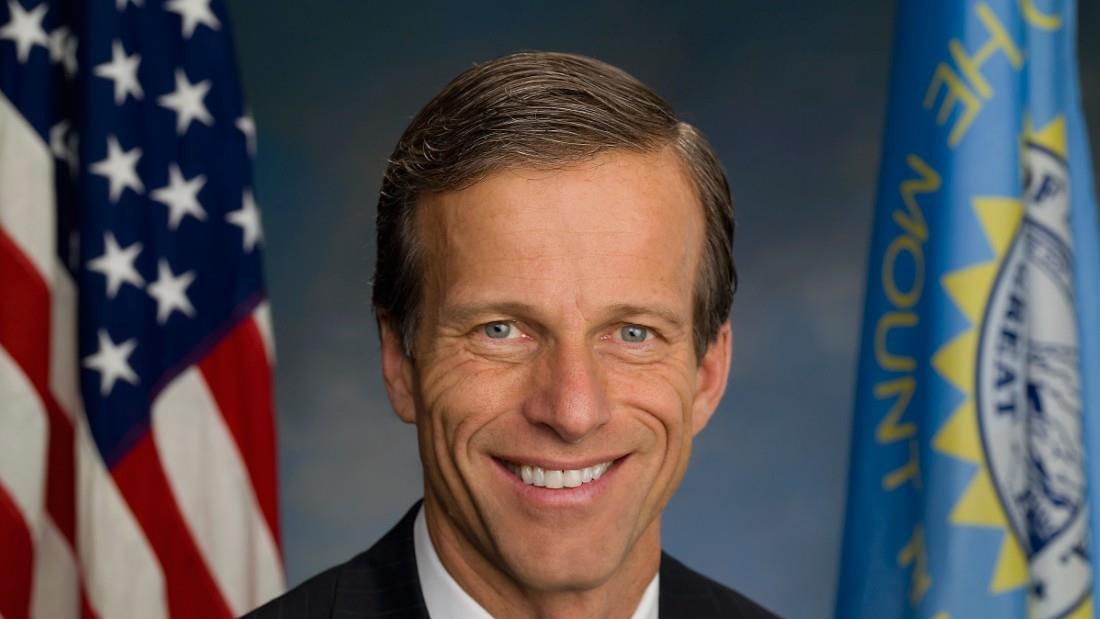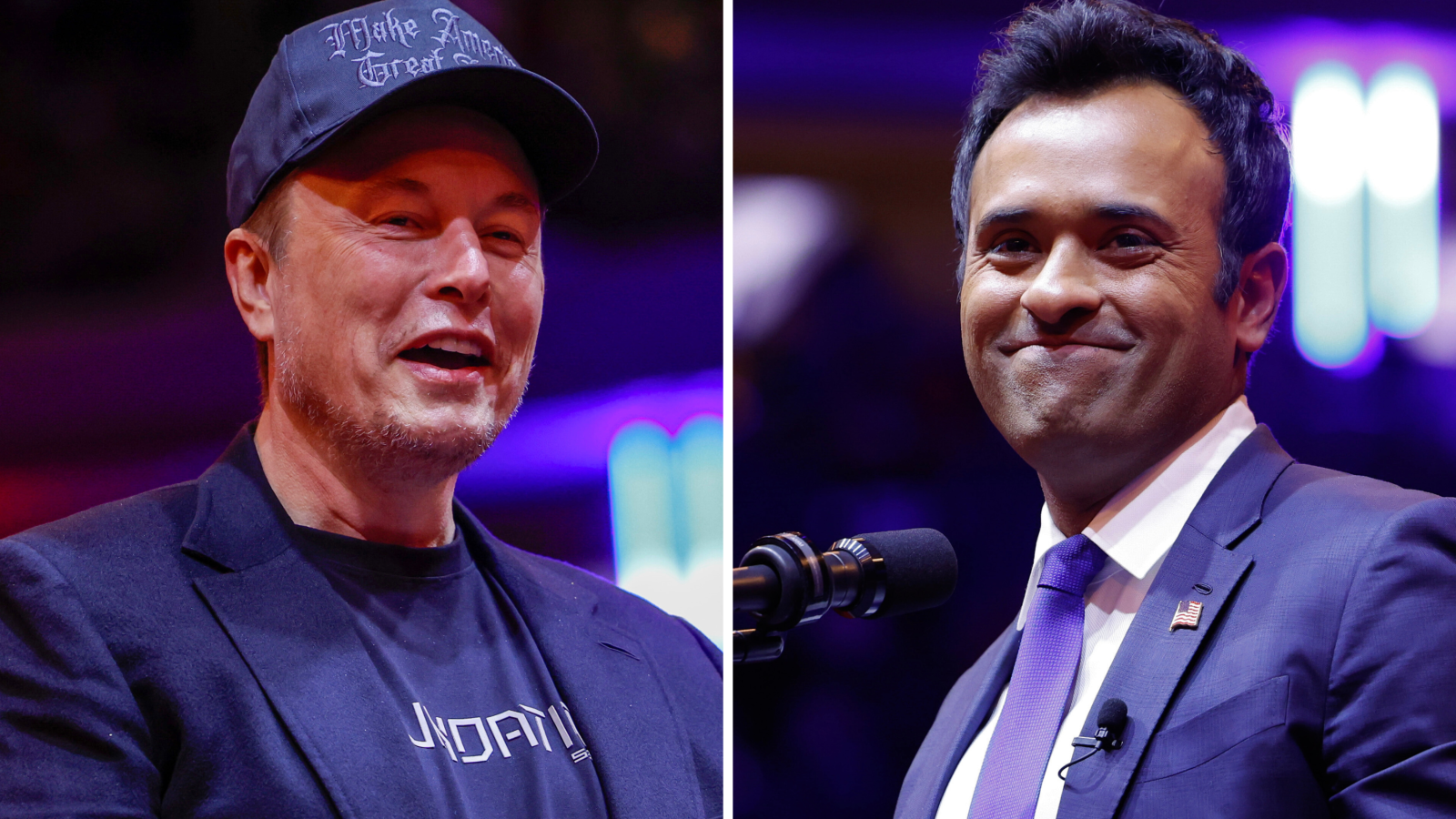
The case of FBI agent Marcus Allen has garnered significant attention, with new developments in 2024 shedding light on issues of whistleblower protections within federal agencies. Allen, a former FBI agent and Marine veteran, had his security clearance revoked by the FBI in 2022 after he raised concerns regarding the bureau’s handling of the January 6 Capitol riot investigation. This case exemplifies the complexities surrounding whistleblower rights and governmental accountability.
Background: Marcus Allen’s Role and Suspension
Marcus Allen, who joined the FBI in 2001, had an impeccable career, including an “Employee of the Year” award in 2019. His troubles began in 2021 when he questioned internal FBI leadership’s response to the January 6 events in a routine email, referencing testimony by FBI Director Christopher Wray about informants present during the Capitol riot. Allen was accused of “espousing conspiratorial views” and an internal investigation was launched to determine if he posed an “insider threat.” In February 2022, the FBI suspended Allen, revoking his security clearance and leaving him without pay for over two years(
WaEx)(
The Whistleblower Testimony and Retaliation
Allen testified before a House committee investigating government misconduct, known as the “weaponization” of federal agencies. He insisted that he was punished not for disloyalty, but for sharing information that contradicted the official narrative about January 6. Although he was not physically present during the riots, the FBI’s internal response suggested he was a potential threat to national security(
Allen argued that his actions were entirely in line with whistleblower protections, which allow federal employees to raise concerns without fear of retaliation. His case brought to light the internal processes within the FBI that some critics argue are overly punitive towards whistleblowers.
FBI’s Settlement and Restoration of Clearance
In June 2024, the FBI restored Allen’s security clearance as part of a settlement that awarded him 27 months of back pay. Despite this victory, Allen voluntarily resigned from the FBI, emphasizing that his case was not just about his own treatment but about ensuring better protections for future whistleblowers. Empower Oversight, a nonprofit watchdog, played a key role in advocating for Allen, appealing his case in 2023(
The FBI, while restoring his clearance, denied any wrongdoing. Both parties agreed to resolve the matter without admitting fault. However, Allen has continued to push for greater transparency and accountability, particularly in how federal agencies handle security clearance processes. He expressed that, despite feeling vindicated, the ordeal highlighted significant issues within the FBI’s system of handling dissent and whistleblowers(
WaEx)(
Broader Implications for Whistleblower Protections
Allen’s case has broader implications for federal whistleblowers. It underscores the challenges employees face when raising concerns about sensitive issues such as national security. His case also highlights the potential for retaliation and lengthy legal battles that can leave whistleblowers without pay for extended periods. Even though Allen’s security clearance was eventually reinstated, his financial and emotional struggles during the 27-month suspension are a cautionary tale for others who might consider blowing the whistle on internal misconduct(
As federal agencies, such as the FBI, continue to address internal criticisms, the Marcus Allen case serves as a key example in debates about how whistleblowers are treated. While Allen received a favorable settlement, his call for reform within the security clearance process indicates that more oversight and legal safeguards are needed to ensure whistleblower protections are not just theoretical but practiced effectively.
The Path Forward: What Needs to Change?
Allen and his lawyer, Tristan Leavitt, stressed that reforms must be enacted to prevent similar situations from happening in the future. They argue that the lengthy suspension process without pay is punitive, leaving whistleblowers in financial distress while awaiting a resolution. Allen’s case calls for clearer protocols and faster resolutions to prevent the personal and professional hardships that come with prolonged suspensions(
WaEx)(
Additionally, Congressman Jim Jordan, a strong advocate for Allen, has used this case to push for broader reforms within the FBI and other federal agencies. Jordan and others argue that the FBI’s actions in Allen’s case reflect systemic issues that need to be addressed to protect the integrity of whistleblower protections.
Conclusion: A Cautionary Tale for Federal Whistleblowers
The case of Marcus Allen is far from just a personal victory; it sheds light on the fragile state of whistleblower protections within federal institutions. His successful settlement with the FBI highlights the power of advocacy and the importance of legal representation. However, his story also underscores the need for policy reform to ensure that federal employees can voice concerns without fear of long-term retaliation or personal hardship.
If you’re interested in more updates on whistleblower cases and government accountability, follow our latest stories at Newsify. For additional coverage of government misconduct, federal employee rights, and more, visit external sources like Empower Oversight and Just the News.









Leave a Reply